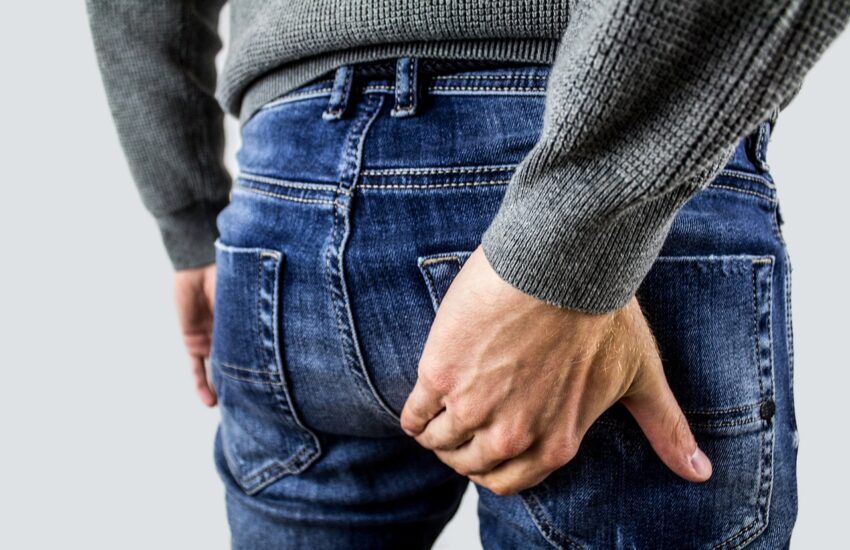How Your Yard Could Be Slowly Killing You
Your yard, or your neighbors yard, may be slowly killing you.
That is of course, depending on what kind of yard you have and also depending on what you put on it.
Here’s what I mean.
In this email I am going to talk about the dangers of our nation’s obsession with creating perfect lawns and a strong “backbone of farming” and how it’s led to disastrous results.
In another email that I’ll send next week I’ll talk about how we can begin to restore our world and hopefully reverse a lot of the negative effects of this obsession.
Up until very recently it was abnormal for a person to have a yard that was neatly manicured and only contained a few varieties of grass.
But our century long fascination of presenting the greener grass has driven us to create yards that are “not natural”.
And when we focus on creating unnatural yards we end up displacing all kinds of natural lifeforms that are actually good for us.
This is made even worse when we turn to chemicals to purge our yards of natural lifeforms that we don’t like.
So today I’m going to spend a little bit of time advocating for a wilder yard while also giving you an introduction into how what we do to our yard (and farms) affects the microbiome and this in turn produces a cascading problem of total disruptions in health.
I know that some of this can be hard to stomach (which is interestingly the main area of your body affected by your yard) for some of you since the idea of a pristine yard gives you goosebumps.
However, as I hope you’ll realize, it’s not always in our best interests to bend the environment to meet our expectations.
Why a Wild Yard Can Be the Basis Of A Great Life
Our yards are very much a part of who we are as Americans. Shaping our yards to look a certain way is why we spend billions of dollars on lawn care products every year.
So what’s the problem with that you may ask?
Well let’s start with the obvious, and the most significant.
In order to get that sparkling green yard we go to extremes using chemicals to eliminate the presence of unsightly invaders (like dandelions and clover).
These chemicals do a number of things to us and the natural environment.
As I write this, the story of Bayer paying $10 billion dollars to settle claims that their weed killer named RoundUp causes cancer are hitting the newswire.
That’s a big deal because it shows that something that’s routinely sold to us at Big Box hardware stores could adversely affect our health.
But more significant is how these products alter the landscape of the bacterial and virological pathogens present there.
And this is actually not a good thing.
Even as I write this, amidst the coronavirus scare, there’s so much misinformation about viruses and bacteria it’s incredible. The truth of the matter is we need viruses and bacteria in order to live well.
We would not even be alive without them.
Marilyn Roosinick of Penn State University had this to say about how we really don’t understand about the benefit of viruses:
“I like to say 1 percent [of viruses] are pathogens, which harm their host, but I think that’s probably a very high estimate. That’s based on early studies with simian [ape and monkey] viruses, which were studied a lot during early days in molecular virology. There were 80-something of these simian viruses they discovered and they were numbered SV1, SV2, etc. Of those, SV40 is the only one that’s had very much study done, and that’s because it turned out to be a pathogen, causing tumors in mice. None of the rest of them had any effect on the host they were tested in. That’s where I get my “about 1 percent.”
And she went on to say that some viruses actually offer protective benefits for us.
“Similarly, in people, hepatitis G virus may offer some protection against AIDS. Hepatitis G, now called pegivirus or GB virus C, is quite common in humans, and isn’t known to cause any disease. But it does affect the immune system in a variety of ways. If people are infected with hepatitis G first, and then HIV, it takes longer for the HIV to progress to AIDS.”
What Roosinick and many others in her field are telling us is our obsession with killing viruses and our preoccupation with manufacturing lawns and farms that are free of bacteria and viruses are totally changing how we live.
And worse yet is the most popular product for keeping farms and yards free of weeds and other unwanted plants is the one that’s destroying trillions and trillions of bacteria and viruses every single millisecond.
It’s glyphosate (commonly known as Round-Up).
As I’ve been studying glyphosate over the years I’ve come to conclude that it may be one of the most dangerous chemicals on the planet. In fact, it’s likely the chief contributor to autism, cancer, ALS, allergies and chronic inflammation.
Let me give you a brief overview of why.
Why Glyphosate Is Killing Us Slowly
The first thing I want to let you know is what you’re about to read is a very cursory overview of how glyphosate harms us.
If you want to learn more about the danger of glyphosate as well as the importance of supporting our microbiome let me give you some links to YouTube videos on the subject.
Restoring Health, Glyphosate, and Healing the Gut | ZACH BUSH, M.D. | Positive University
2019 Rodale Organic Pioneer Awards – Zach Bush Keynote
These videos will provide you with in-depth information on how glyphosate harms us.
What you need to know though is this. Glyphosate is the #1 product used on farms and yards.
Farmers and homeowners like it because it’s an antiviral, anti-bacterial, and an antifungal agent.
It dries out plant tissue and affects protein assimilation pathways in plants – but doesn’t do the same in humans.
The fact it doesn’t affect how humans synthesize amino acids and turn them into proteins is why there have been claims that it’s safe for humans.
The problem is that it absolutely disrupts how plants form proteins.
And since we eat plants, and we eat animals that eat plants, we need those proteins to be created correctly.
The presence of glyphosate in the environment is at an order of magnitude that’s difficult to understand. It is everywhere.
100% guaranteed you have it in your urine as you read this.
And because of its ubiquitousness our entire society is being negatively affected. As it ends up taking residence in our gut it kills out prominent bacteria and viruses needed to create a healthy gut ecosystem.
And the end result is disease on a level that’s hard to believe.
In next week’s email I’ll go through the studies that link glyphosate to increases in cancer rates, autism rates and other disease rates that’ll make you sick.
It’s not all bad news though, as there are ways to prevent glyphosate from killing us all.


